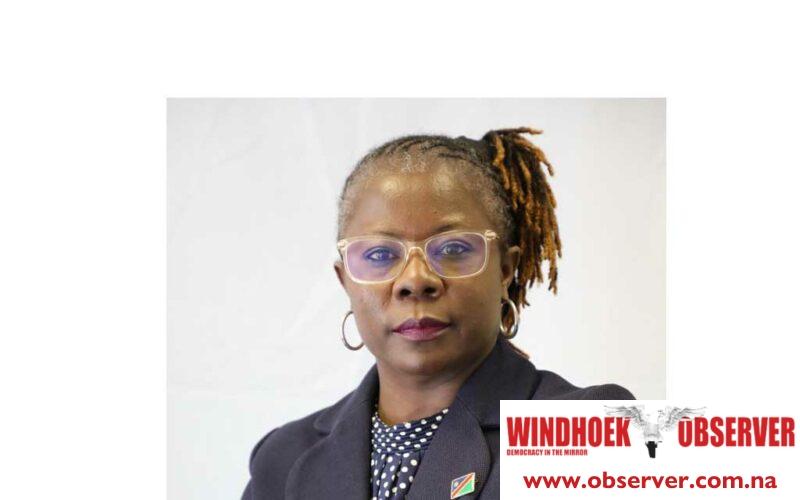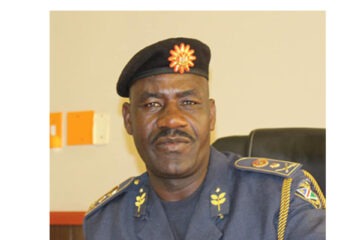Hertta-Maria Amutenja
As the country prepares to implement its third National Gender Equality and Equity Policy (NGEEP) for 2025 to 2035, the ministry of gender equality and child welfare has flagged several risks that could undermine progress.
Speaking at the Women in Politics and Decision Making roundtable held from 15 to 18 July in Swakopmund, executive director Lydia Indombo highlighted several threats to gender equality efforts.
These include an unfavourable economic climate, limited budget allocations, staff turnover, a lack of stakeholder cooperation, and the withdrawal of development partners.
She also cited the rise in gender-based violence, lack of shelters for victims, trafficking in persons, violence against children, natural disasters, and potential pandemics as key concerns.
These issues come as the country works to build on gains made under previous gender policies.
Namibia adopted its first National Gender Policy in 1997, followed by a second in 2010.
The NGEEP 2025–2035, launched in March this year, aims to close existing gaps in gender equality and promote equity in leadership, economic access, land, health, and family relations. It also seeks to reduce all forms of gender-based discrimination and violence.
The new policy aligns with national frameworks such as Vision 2030, the Sustainable Development Goals (SDGs), and regional and international commitments, including the SADC Protocol on gender and development.
Indombo said the ministry has developed a strategic plan for 2025–2030 to support the policy’s implementation.
The plan includes six strategic objectives: improving child protection, promoting gender equality and empowerment, enhancing stakeholder coordination and communication, developing integrated information systems, improving service delivery, and strengthening policy and legislative frameworks.
She said the full participation of government ministries, agencies, development partners, civil society, and the private sector is crucial to the policy’s success.
The roundtable also focused on strengthening the leadership capacity of women in politics.
highlighted the importance of mentorship and coaching for first-time parliamentarians serving in the eighth National Assembly, stressing the value of peer learning to support their roles in political decision-making.
The ministry noted that Namibia ranks eighth globally and first in Sub-Saharan Africa in women’s political representation but warned that these achievements could be lost without deliberate strategies to address ongoing structural and societal barriers.
The NGEEP has identified 12 focus areas, which include gender and poverty reduction, education, health, governance, media, economic empowerment, and gender-based violence.
It will be guided by principles such as accountability, resource mobilisation, stakeholder engagement, and a whole-of-government approach.
The first five-year implementation plan will run from 2025 to 2030, after which a review will guide the next phase to 2035.
The ministry reiterated the need for evidence-based approaches, gender-responsive budgeting, and strong monitoring and evaluation mechanisms.




